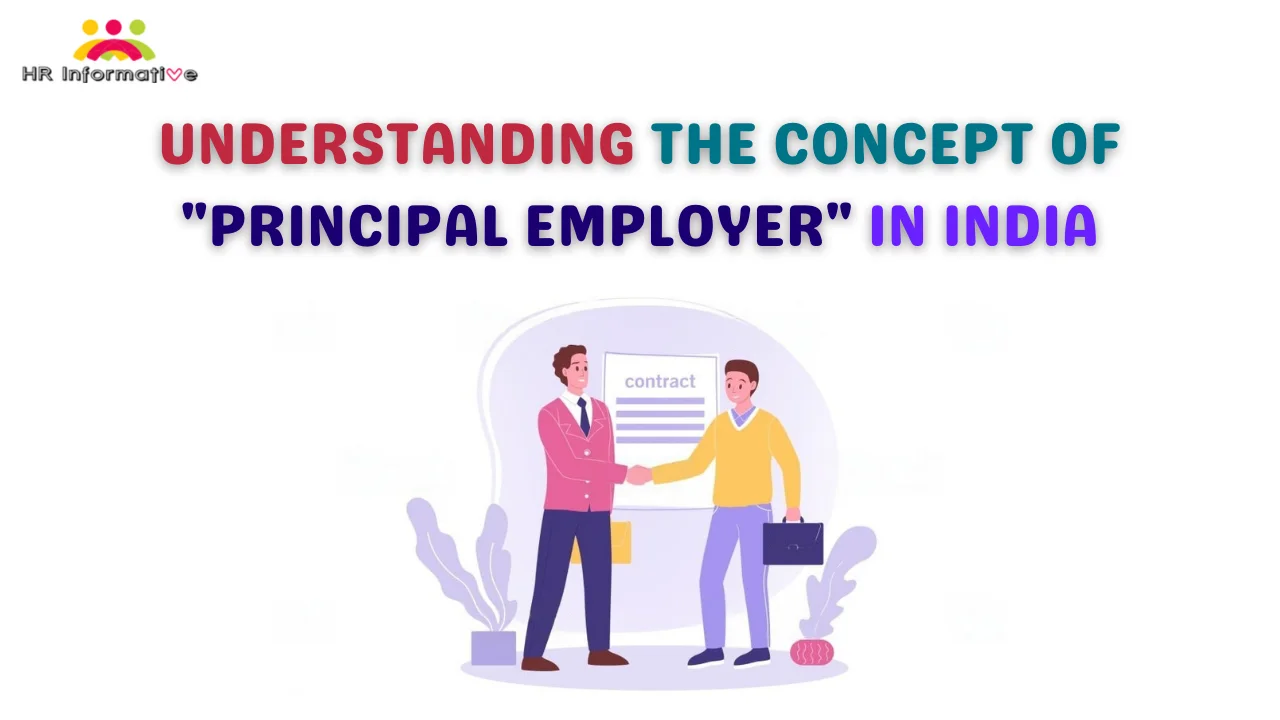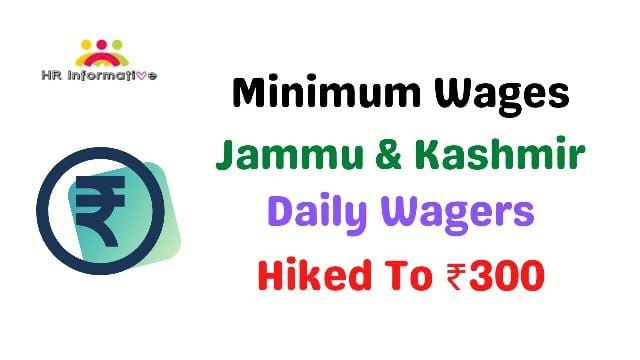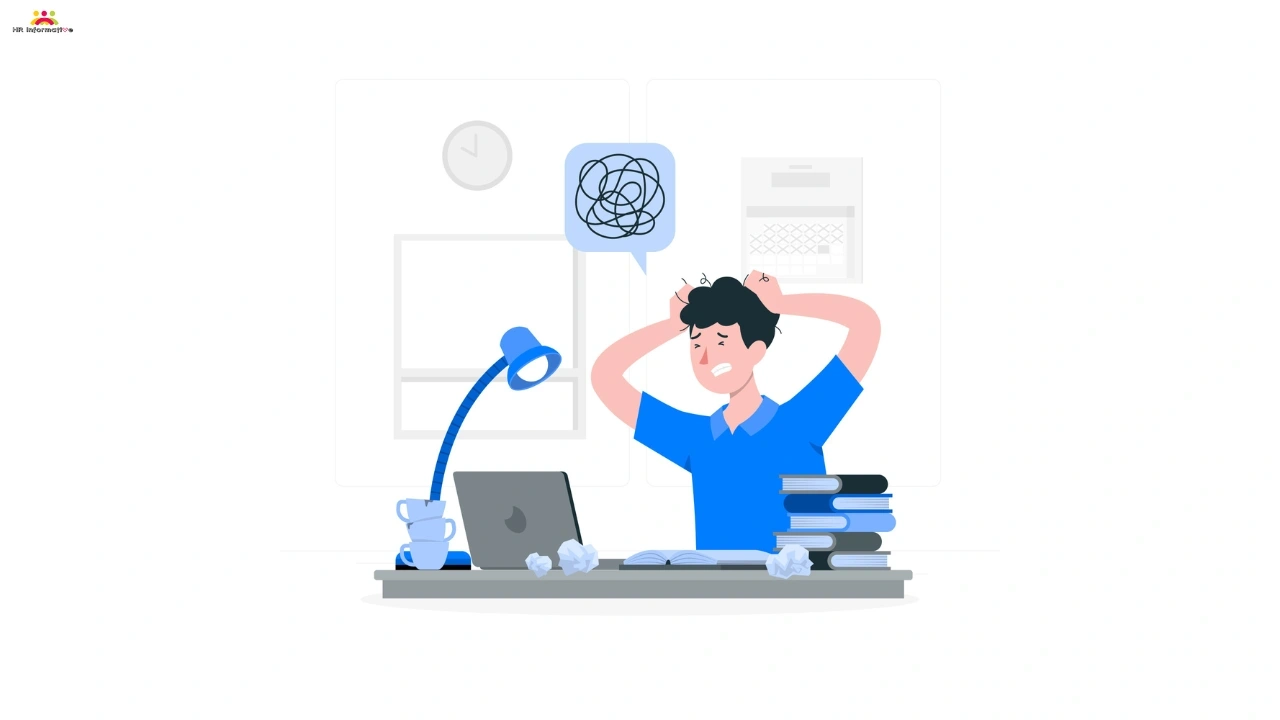Introduction
In India, labour laws play a crucial role in protecting the rights and welfare of workers in various industries and sectors. The concept of a “Principal Employer” is an important aspect of labour laws, particularly in the context of contract labour and ensuring accountability in the employment relationship. This article will dig into the definition, roles, responsibilities, and legal implications of the Principal Employer in India.
Definition of Principal Employer
The term “Principal Employer” is defined under the Contract Labour (Regulation and Abolition) Act, 1970 (CLRA Act) in India. According to the Act, a Principal Employer is an individual, entity, or organisation that engages contract labour to carry out work in any establishment. In this relationship, the Principal Employer holds the primary responsibility for compliance with labour laws and ensuring the welfare of the contract labourers.
Roles and Responsibilities of the Principal Employer
1. Registration and Licensing: The Principal Employer is responsible for obtaining the necessary licenses and registrations under the CLRA Act. Before engaging contract labour in the establishment, they must obtain a license from the appropriate government authority. The license will specify the number of contract labourers that can be engaged and the nature of work they can perform.
2. Contract Agreement: The Principal Employer is required to enter into a formal agreement with the contractor who supplies the contract labour. This agreement must clearly outline the terms and conditions of employment, including wages, working hours, working conditions, and compliance with labour laws.
3. Ensuring Statutory Obligations: The Principal Employer is responsible for fulfilling statutory obligations concerning contract labour. These include timely payment of wages, overtime, social security benefits, and other entitlements as per the labour laws.
4. Health and Safety Measures: The Principal Employer must ensure the health and safety of contract labourers while they are working on the premises. Adequate measures must be taken to prevent accidents and provide medical facilities in case of emergencies.
5. Compliance with Labour Laws: The Principal Employer must adhere to all applicable labour laws, including the Minimum Wages Act, Employees’ Provident Fund Act, Employees’ State Insurance Act, and other relevant legislation. They must also ensure that the contractor is compliant with these laws.
6. Dispute Resolution: In case of any disputes or grievances raised by contract labourers, the Principal Employer must address them promptly and take necessary actions to resolve the issues in accordance with the law.
Legal Implications
Failure to comply with the obligations as a Principal Employer can lead to legal consequences. The government authorities may cancel the contract labour license, and the Principal Employer can be held liable for any non-compliance or violations of labour laws.
The Principal Employer may also be deemed responsible for any dues or liabilities arising from the contractor’s failure to meet labour law obligations. For example, if the contractor fails to pay the contract labourers’ wages, the Principal Employer may be required to make the payment and recover it from the contractor.
Conclusion
In conclusion, the concept of Principal Employer in India is vital to ensure that contract labourers receive fair treatment, adequate wages, and appropriate working conditions. The Principal Employer plays a pivotal role in maintaining compliance with labour laws and protecting the rights of contract labourers. Understanding and adhering to these responsibilities are essential for fostering a harmonious work environment and upholding the principles of social justice in the Indian labour market.
FAQs
Q1: What is a Principal Employer in India?
Ans: In India, a Principal Employer refers to an individual, entity, or organisation that engages contract labour to perform work in any establishment.
Q2: What is the significance of the Principal Employer under Indian labour laws?
Ans: The Principal Employer holds the primary responsibility for compliance with labour laws and ensuring the welfare of contract labourers. They are accountable for fulfilling statutory obligations, ensuring health and safety measures, and adhering to various labour laws.
Q3: What are the roles and responsibilities of a Principal Employer?
Ans: The roles and responsibilities of a Principal Employer include obtaining the necessary licenses and registrations, entering into formal agreements with contractors, ensuring statutory compliance, providing a safe working environment, and resolving disputes and grievances.
Q4: Do all establishments engaging contract labour need to have a Principal Employer?
Ans: Yes, as per the Contract Labour (Regulation and Abolition) Act, 1970, every establishment that engages contract labour must have a Principal Employer.
Q5: How can a Principal Employer ensure compliance with labour laws?
Ans: To ensure compliance, the Principal Employer must familiarise themselves with relevant labour laws, maintain proper records, regularly audit contractors’ compliance, and promptly address any grievances or violations.
Q6: Can a Principal Employer be held liable for the contractor’s actions?
Ans: Yes, in certain situations, a Principal Employer can be held liable for the contractor’s actions, especially when it comes to non-payment of wages or violations of labour laws by the contractor.
Q7: What are the legal implications of non-compliance by a Principal Employer?
Ans: Non-compliance by a Principal Employer can result in the cancellation of the contract labour license and legal action, which may include fines and penalties.
Q8: Can a Principal Employer terminate a contract labourer’s employment?
Ans: Generally, the contract labourers’ employment is under the contractor’s purview. However, the Principal Employer must ensure that terminations are done in accordance with labour laws and that the contractor follows due process.
Q9: What steps should a Principal Employer take to provide a safe working environment?
Ans: A Principal Employer must conduct regular safety inspections, provide necessary safety equipment and training, and ensure compliance with safety regulations.
Q10: How can a Principal Employer handle disputes with contract labourers?
Ans: The Principal Employer should have a grievance redressal mechanism in place to address and resolve disputes promptly. This may involve discussions with the contractor and, if necessary, involving relevant labour authorities.
You May Read Also :
- Scheduled Employment under the Minimum Wages Act, 1948: Ensuring Fair Compensation and Dignity for Workers
- Understanding Exempted and Unexempted Establishments in EPF
- Gratuity in India: Eligibility, Calculation, Forfeiture and Related Forms
- Pareto Principle (The 80/20 Rule) Meaning and Advantages
- Negotiable Instruments Act, 1881 History, Types, Features



